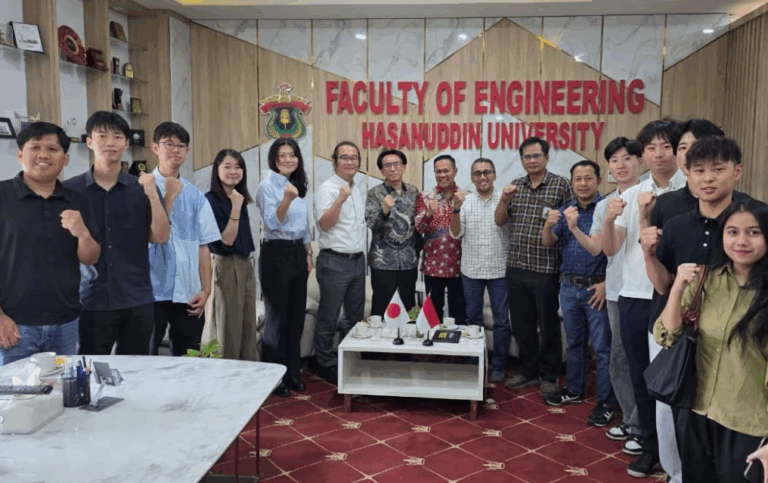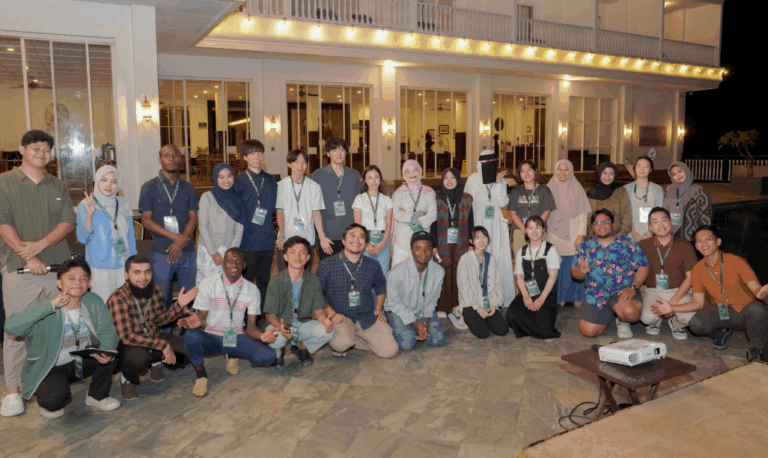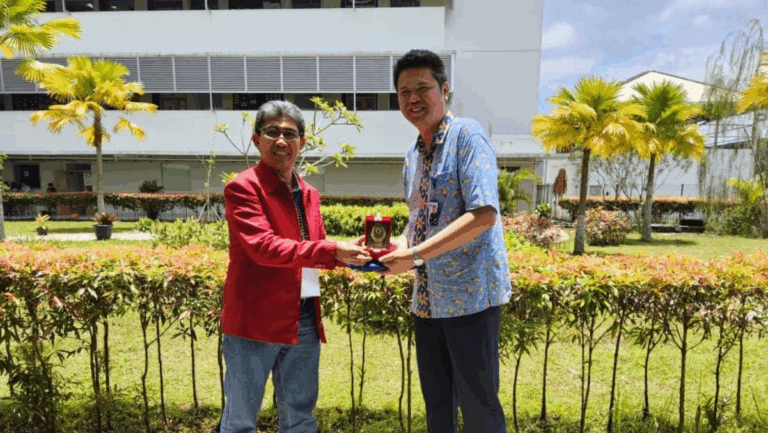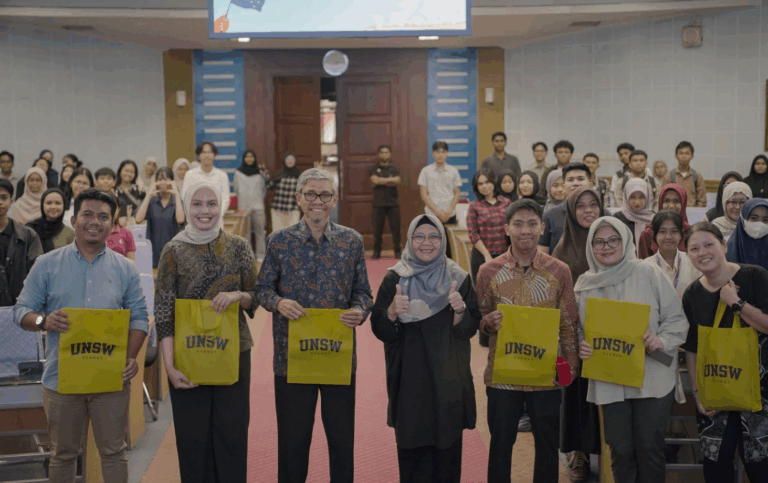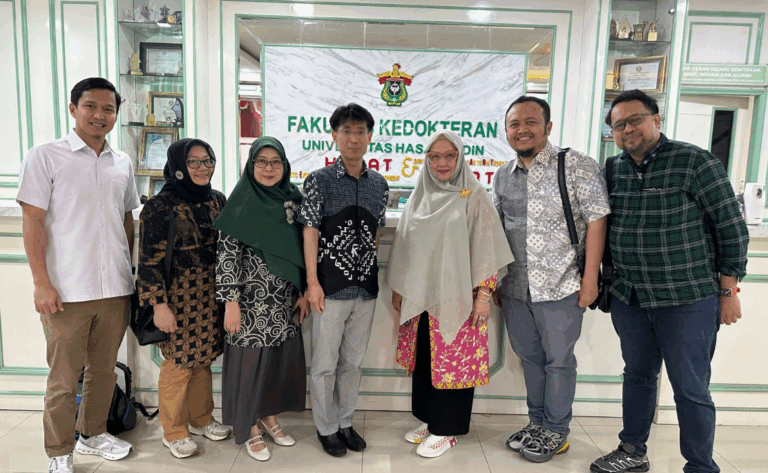The Department of Chemistry, Faculty of Mathematics and Natural Sciences (FMIPA), Hasanuddin University (UNHAS) successfully held the International Seminar on Natural Product Chemistry (ISNPC) 2025 with the theme “Natural Resources Biotechnology: From Local to Global for Sustainable Life.” The event took place on 11–12 September 2025 at the UNHAS Hotel and Convention, Makassar. ISNPC 2025 featured scientific discussions across various topics in natural product chemistry, ranging from extraction and bioactivity testing to chemical ecology, medical chemistry, computational approaches, biomaterials, pharmacognosy, biotechnology, and industrial applications.
The seminar presented distinguished keynote speakers, including Prof. Teruna J. Siahaan, Ph.D. from the University of Kansas, USA; Dr. Tan Lik Tong from Nanyang Technological University, Singapore; Prof. Dr. Jalifah Latip from Universiti Kebangsaan Malaysia, Malaysia; Prof. Dr. Nunuk Hariani Soekamto, M.S. from UNHAS; and Prof. Muhammad Aswad, M.Si., Ph.D., Apt. from UNHAS, Indonesia. This year’s seminar attracted 166 participants, consisting of 102 oral presenters, 28 poster presenters, 23 virtual presenters, and 16 general participants, representing both domestic and international institutions.
As part of its program, ISNPC 2025 was also held in conjunction with the Congress of the Indonesian Natural Product Chemistry Association (HKBAI), further strengthening collaboration among researchers and practitioners. In addition, participants were welcomed with a special dinner hosted at the Makassar Mayor’s Hall, providing an opportunity to promote cultural and academic exchange. The event was opened by the Rector of UNHAS, Prof Dr. Ir. Jamaluddin Jompa, M.Sc. and formally closed by Dr. Muhammad Zakir, Dean of Mathematics and Natural Science Faculty, who expressed appreciation for the active participation and emphasized the importance of continuing international cooperation in natural product chemistry.
ISNPC 2025 is expected to contribute not only to the advancement of scientific knowledge but also to the development of innovative and sustainable applications of natural resources, in line with global efforts toward sustainable life.


